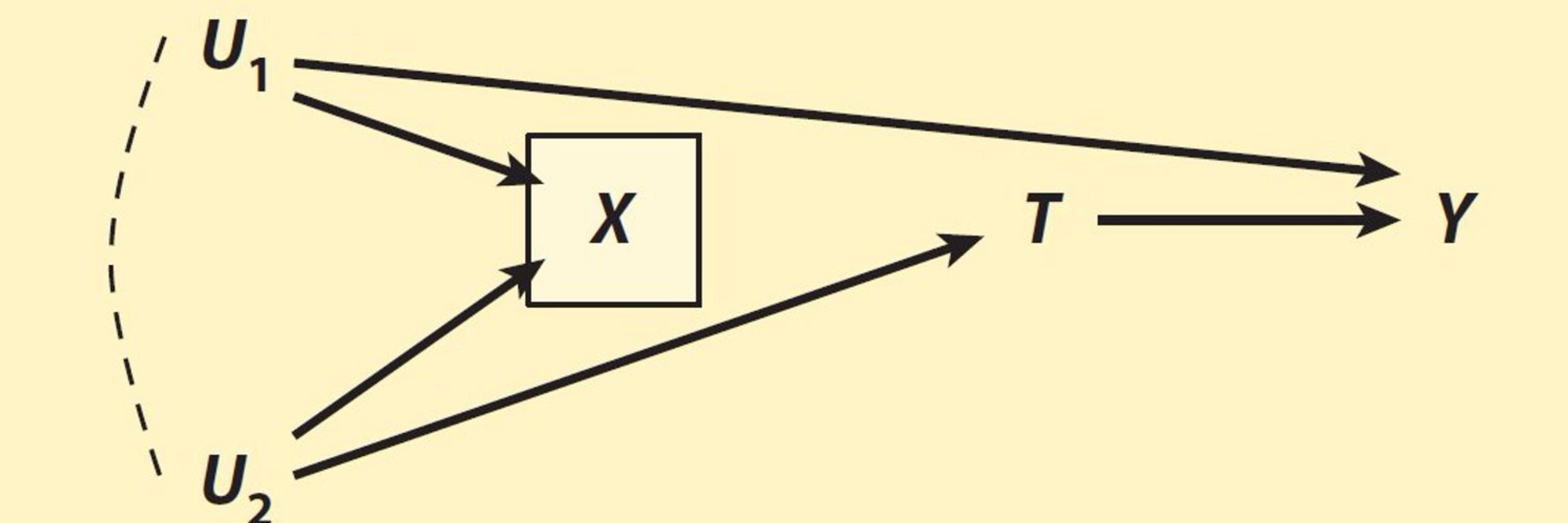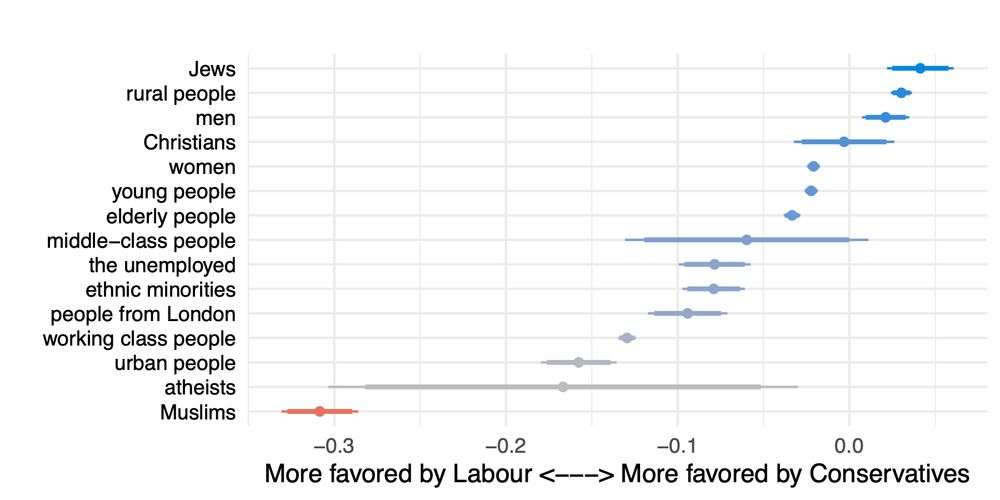
Full paper link: fghjorth.github.io/workingpaper...
Full paper link: fghjorth.github.io/workingpaper...



I’ll also send you a working paper!
I’ll also send you a working paper!
Luckily this is not hard to solve design-wise!
Luckily this is not hard to solve design-wise!

